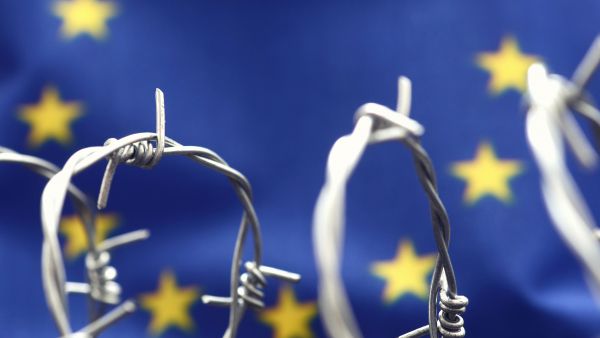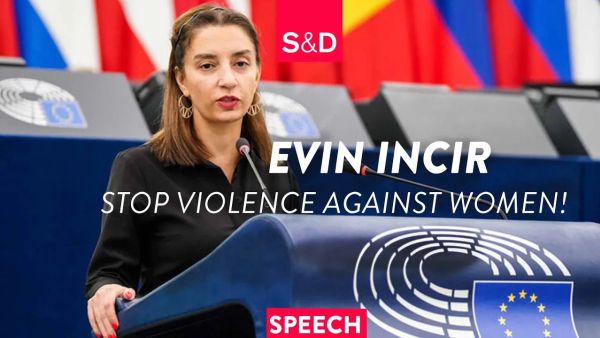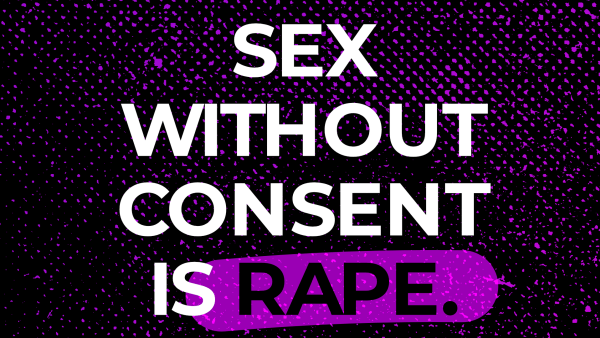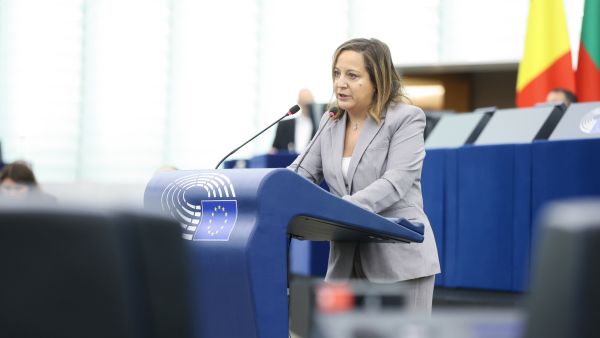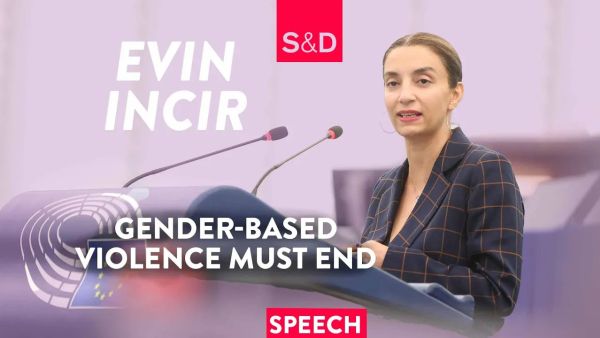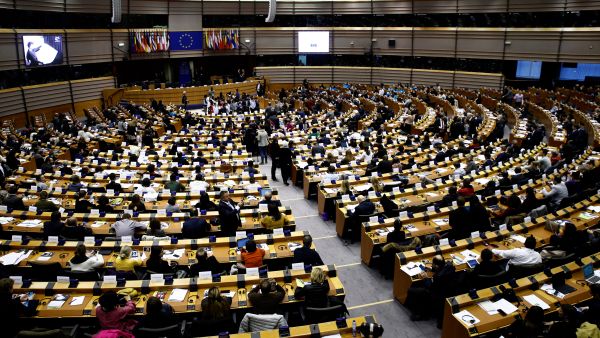The European Parliament yesterday evening backed new rules to force social media companies to restrict content that could promote terrorism on their platforms. The new rules passed despite many MEPs from the centre-right EPP Group and extreme right ENF Group voting againstthese measures to combat terrorism.
S&D Group vice-president and spokesperson on the issue, Josef Weidenholzer said:
“Both Islamist and right-wing terror groups and individuals have used social media platforms to spread their messages of hate and recruit new followers. Social media companies have so far failed to put the right processes in place, allowing content that encourages violence to remain online for far too long. From now on, Facebook, Google and other large companies should act and remove content as soon as possible after it has been flagged. The original text proposed by the European Commission had significant flaws in it, that could be damaging for freedom of expression and for small businesses. The text we voted last night is a compromise that addresses many of these issues and protects fundamental rights while fighting against terrorism.
“It is incredible that many of the EPP and the extreme right ENF Group voted against these proposals to help combat terrorism and keep European citizens safe. They are the loudest to call for new measures but when they have the chance to actually vote on them, they vote against.”
S&D Group Spokesperson for civil liberties, justice and home affairs, Birgit Sippel said:
“There were serious concerns about these new rules when they were first proposed by the European Commission. The European Parliament has greatly improved the proposals. We have ensured what constitutes terrorist content is clearly defined and made sure that the rules do not impinge on the freedom of the internet by necessitating the use of automated tools like upload filters.
“Restricting terrorists’ ability to use the internet to recruit or spread their messages of hate is essential but as always we need to be careful when legislating to avoid unintended consequences and restrictions on civil liberties.
“While we have done the responsible thing and voted in favour of these proposals to help restrict the spread of terrorist content, many MEPs from the EPP and extreme right ENF have voted against. They will now have to explain to their electorates why they are against measures designed to keep citizens safe.”




